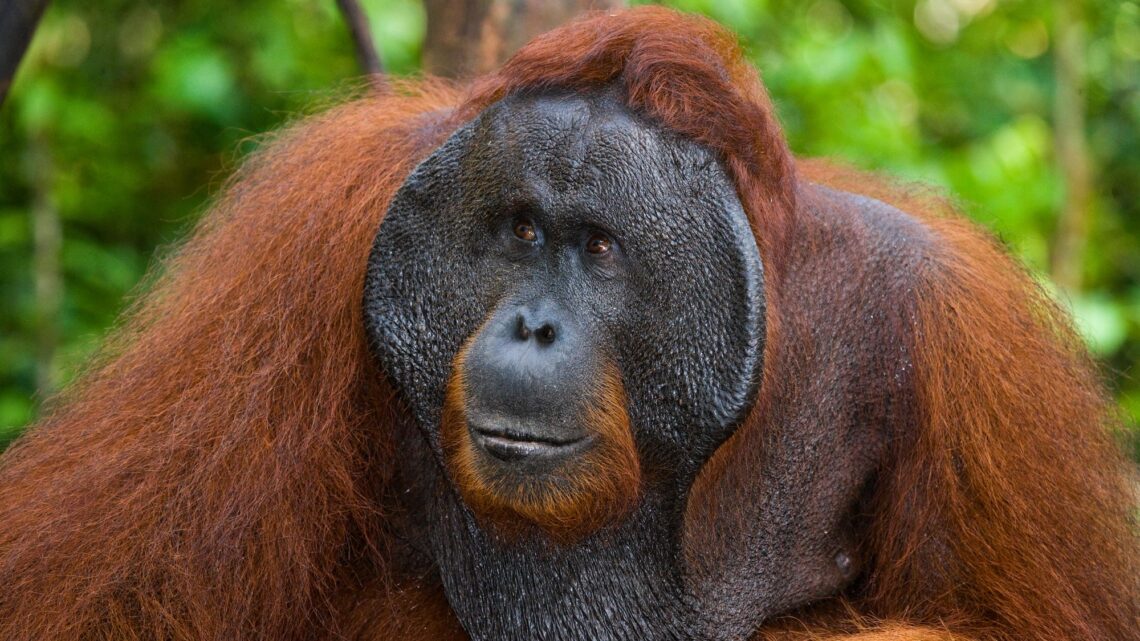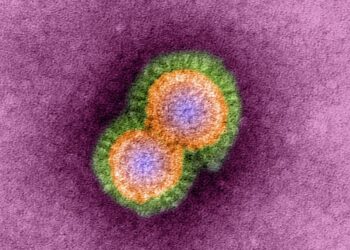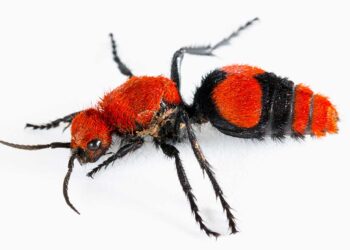Observers have documented multiple animal species using plants for self-medicinal purposes, such as great apes eating plants that treat parasitic infections or rubbing vegetation on sore muscles. But a wild orangutan recently displayed something never observed before—he treated his own open wound by activating a plant’s medical properties using his own spit. As detailed in a study published May 2 in Scientific Reports, evolutionary biologists believe the behavior could point toward a common ancestor shared with humans.
The discovery occurred within a protected Indonesian rainforest at the Suaq Balimbing research site. This region, currently home to roughly 150 critically endangered Sumatran orangutans, is utilized by an international team of researchers from the Max Planck Institute of Animal Behavior to monitor the apes’ behavior and wellbeing. During their daily observations, cognitive and evolutionary biologists noticed a sizable injury on the face of one of the local males named Rakus. Such wounds are unsurprising among the primates, since they frequently spar with one another—but then Rakus did something three days later that the team didn’t expect.
After picking leaves off of a native plant known as an Akar Kuning (Fibraurea tinctoria), well-known for its anti-inflammatory, anti-fungal, and antioxidant properties, as well as its use in traditional malaria medicines, Rakus began to chew the plant into a paste. He then rubbed it directly on his facial injury for several minutes before covering it entirely with the mixture. Over the next few days, researchers noted the self-applied natural bandage kept the wound from showing signs of infection or exacerbation. Within five days, the injury scabbed over before healing entirely.
Such striking behavior raises a number of questions, particularly how Rakus first…
Read the full article here







